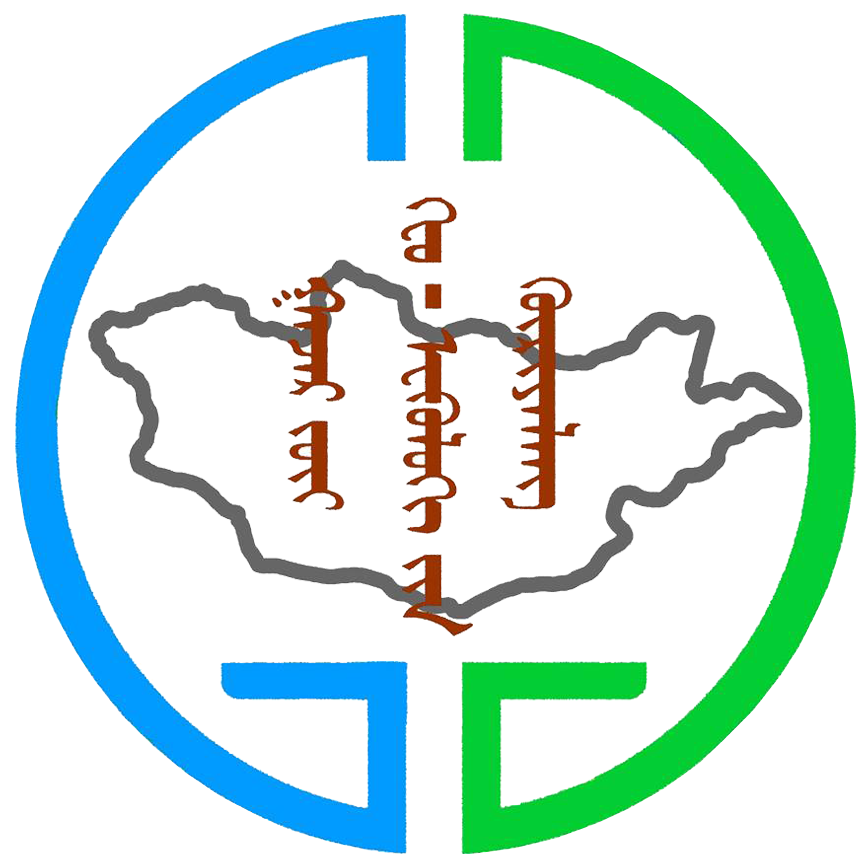Thirty-nine groundwater samples were collected from wells near the Tavan Tolgoi and Oyu Tolgoi
mines in Mongolia and at a relatively pristine site in northern Mongolia during August to September
2013, and analyzed for the concentrations of F?, NO3
?, Hg, As, Al, V, Mn, Co, Ni, Cu, Zn, Se, Mo, Cd,
Sb, and Pb. A probabilistic risk assessment found that >95% of the population in the areas was at risk
from drinking well water. The hazard index (HI) was >1, indicating a non-carcinogenic risk to human
health. At Oyu Tolgoi, the hazard quotient (HQ) of the As concentration (mean 6.63 μg/L) was >1. At
the northern site, the 95th percentile HQ was 1. The ratios of
nitrogen and oxygen stable isotopes indicated that NO3
? contamination of groundwater at Oyu Tolgoi
and Tavan Tolgoi was caused by livestock waste. Mercury accumulation in livestock was examined
from concentrations in livestock forage and in hair and wool samples from livestock in the South Gobi
region. Sheep wool had the same level of mercury as in Japan, but camel, horse, and goat hair had
high levels.
